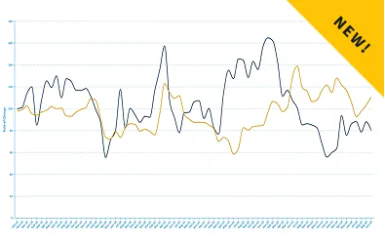$3.2 Million Earmarked For State Park Campground Improvements
The state of Delaware is getting $3.2 million in federal funding to improve campgrounds at several state parks.
The funds are from the U.S. Economic Development Administration and are earmarked for Cape Henlopen, Delaware Seashore, Killens Pond, Lums Pond, and Trap Pond state parks.
The improvements include:
-
Cape Henlopen: Campground expansion with additional sites, amenities and new full-service cabins in the youth primitive area near Herring Point.
-
Delaware Seashore State Park: Six cottages to be added to the existing 12, with an additional dozen or so cottages on the south side campground.
-
Lums Pond: Campground expansion with 30 new pull-through, full hook-up sites plus a new bathhouse facility to accommodate the expansion.
-
Killens Pond: Six accessible docks and kayak/canoe launches, a new dump station at the campground and a new camp store closer to the existing campground.
-
Trap Pond: Six accessible docks and kayak/canoe launches, a new boat rental facility with multiple family restrooms, service windows, storage for boats and safety equipment, 10 new full-service cabins and a new primitive camping area, and a splash park.
According to DNREC, post-camping surveys from 2021 showed visitors wanted to see upgrades to bathrooms and showers, RV hookups, connectivity, larger campsites, and additional camping opportunities.
Delaware Senator Tom Carper made the announcement Friday, along with state and federal officials at Cape Henlopen State Park.
“Delaware’s state park system is a vital contributor to our state’s $3 billion tourism economy,” said Senator Tom Carper. “The First State may be small, but the appeal of our parks is far from it: Delaware’s parks attract almost six million guests a year! I’m delighted to welcome this investment from the Economic Development Administration that will create jobs, boost our economy, and help ensure that park visitors can come enjoy Delaware and make lifelong memories here.”
Read the full article from WDEL here.
Please Sign in to View
Log in to view member-only content.
If you believe you are receiving this message in error contact us at memberservices@rvia.org.

